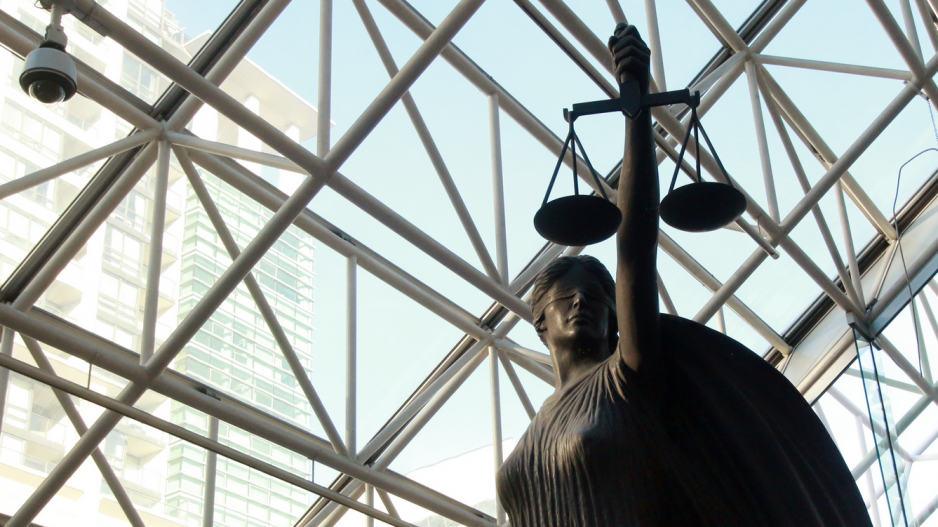An investor has been ordered by B.C.’s highest court to give evidence to the B.C. Securities Commission (BCSC) despite fears the information could lead to prosecution south of the border.
Harish Tak is a client of the Vancouver brokerage firm Mackie Research Capital Corp. and the brother of one of the firm’s brokers.
The BCSC had been looking into Mackie Research’s activities as part of an investigation into the trading and distribution of securities at NewGen Biopharm Corp. and Breathtec Biomedical Inc.
Tak is not a target of the investigation, according to an earlier B.C. Supreme Court , which noted Tak had attended an interview with the BCSC in August 2017.
But when told the commission wouldn’t agree to hold back information from the U.S. Securities and Exchange Commission (SEC) that Tak provided to the BCSC, Tak declined to answer any questions.
The SEC was conducting its own investigation into NewGen.
Tak feared that evidence shared with the SEC could lead to prosecution against him in the U.S., according to a Feb. 17 B.C. Appeals Court .
While the B.C. Supreme Court was originally asked to find Tak in contempt for refusing to provide evidence in the BCSC interview, the commission ultimately only sought an order compelling Tak to provide evidence – and it was successful in 2021, leading to Tak’s appeal to the province’s top court.
Tak argued his charter rights protecting against self-incrimination would be violated by being compelled to testify to the BCSC with no promise the commission wouldn’t share his answers with the SEC.
At issue in this particular case is how the protections of self-incrimination apply.
The B.C. Supreme Court found that the precedent on this particular issue, set in 1995, only protects against self-incrimination specifically when the individual is being prosecuted.
“It does not establish a second category of exemption from giving evidence on the basis of a future risk to use or derivative use immunity,” B.C. Supreme Court Justice Amy Francis said in the decision.
She further found that Tak didn’t truly risk incrimination in the U.S., as the Fifth Amendment to that country’s constitution is, based on the testimony of a U.S. lawyer, “near absolute” in nature “irrespective of whether testimony was compelled by American or foreign government officials.”
Tak appealed the decision.
Among his arguments, he claimed the judge erred by misapplying the 1995 precedent and failing to limit compelled testimony.
The B.C. Appeals Court decision, penned by Justice Barbara Fisher with unanimous agreement from a panel of three judges, agreed that the 1995 precedent didn’t shut the door on applying its protections in cases of potential future foreign criminal proceedings.
Fisher still dismissed the appeal, finding that the limitations to compel testimony that may be shared with a foreign government only apply when there is a “real and substantial risk” of prosecution and no comparable protection in cases of compelled testimony.
And there, the top court agreed with the earlier ruling.
“I see no error in the chambers judge’s conclusion that Mr. Tak’s concerns about a future criminal prosecution were entirely speculative. There is nothing in the record that suggests a real and substantial risk that this will occur,” Fisher wrote.
“Whether the Fifth Amendment protection in the U.S. can be described as ‘near absolute,’ the evidence amply supports a finding that at the very least, Mr. Tak would have comparable protection for derivative use immunity were he to be tried in a U.S. criminal court.”



